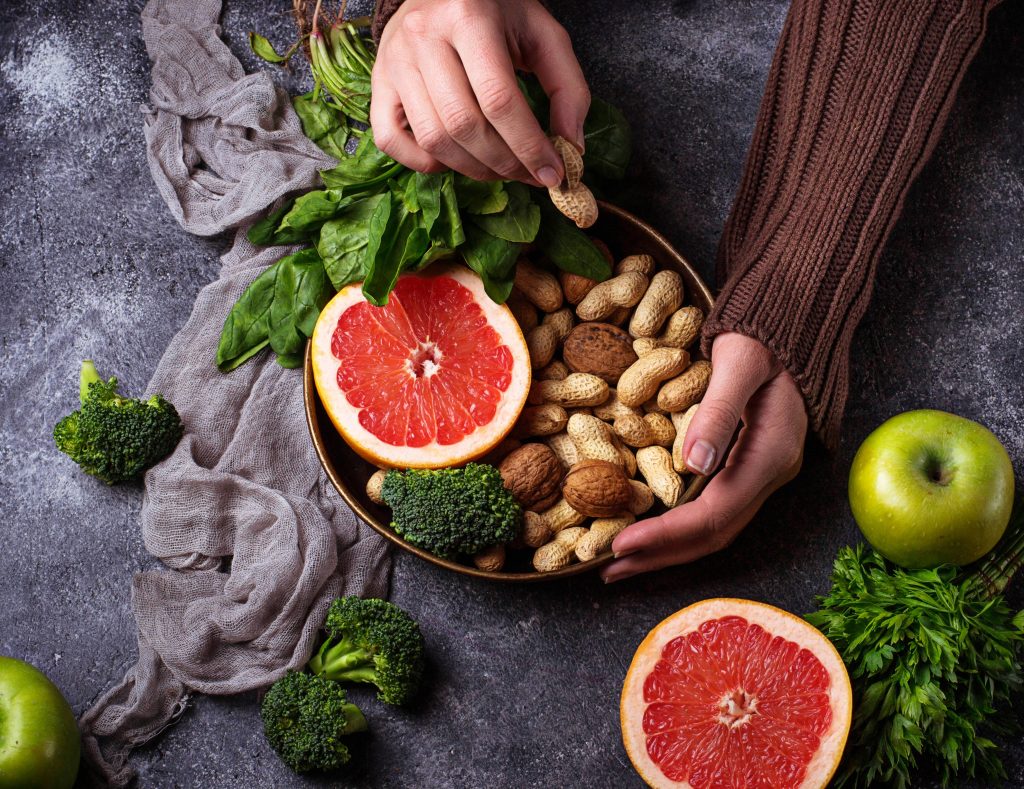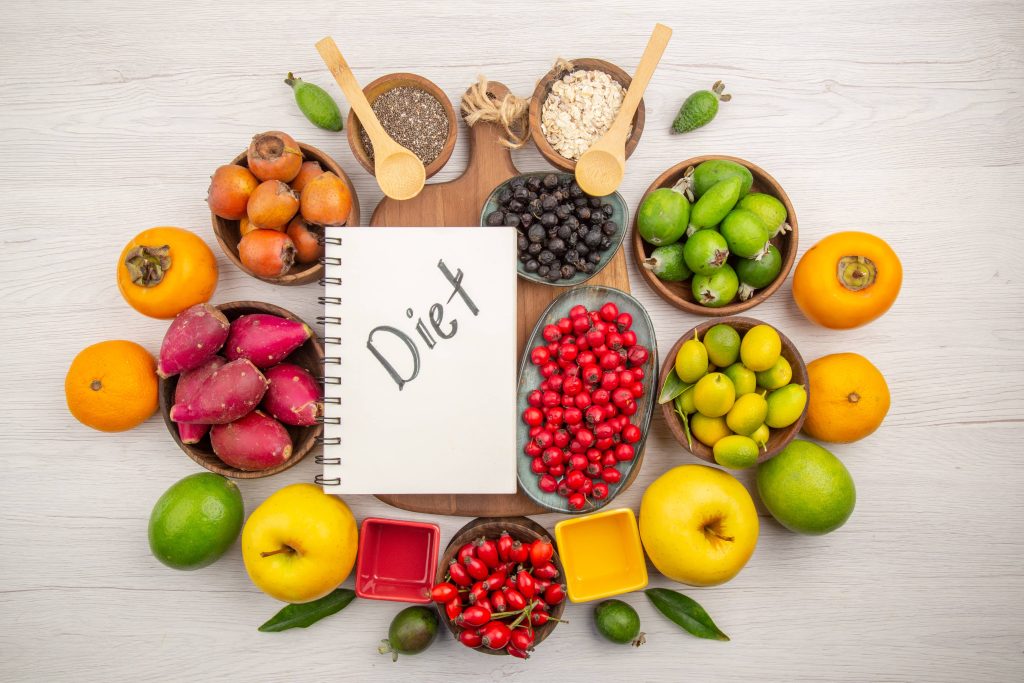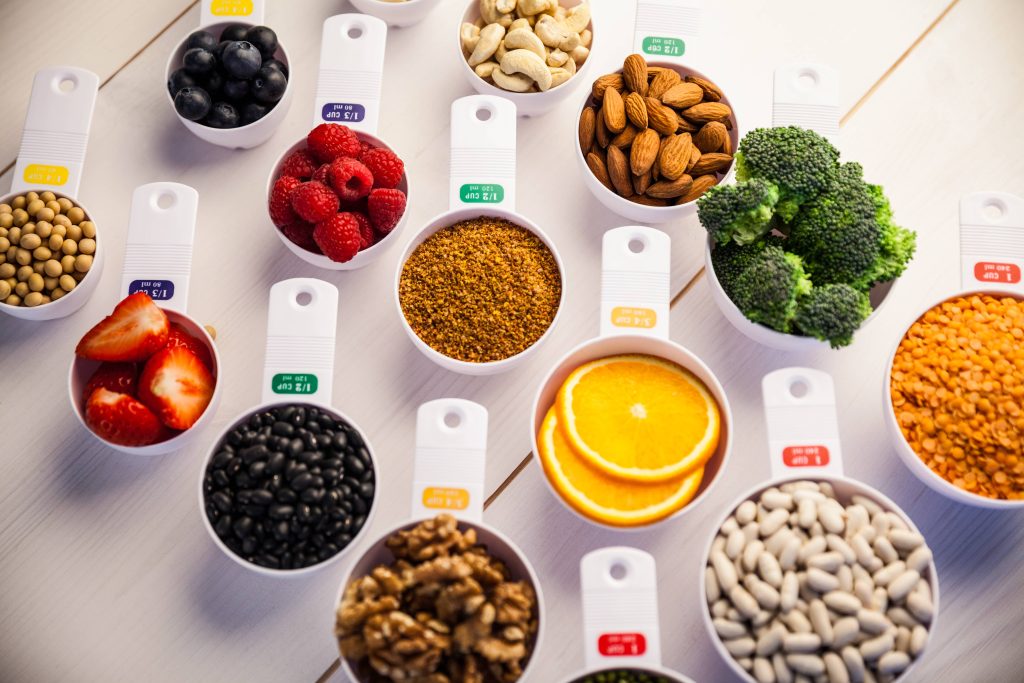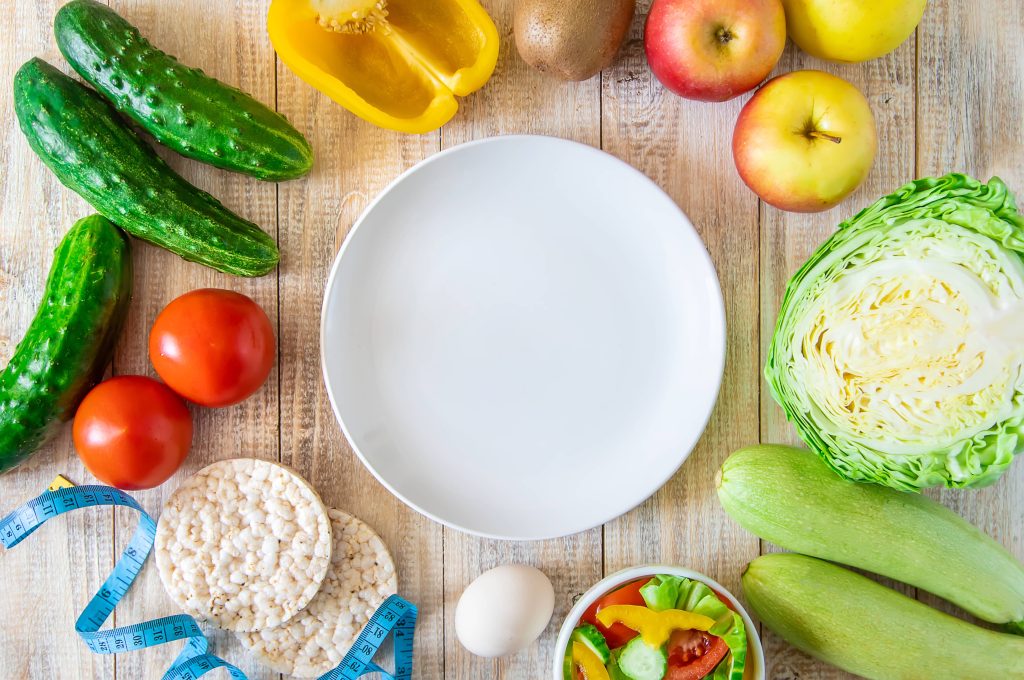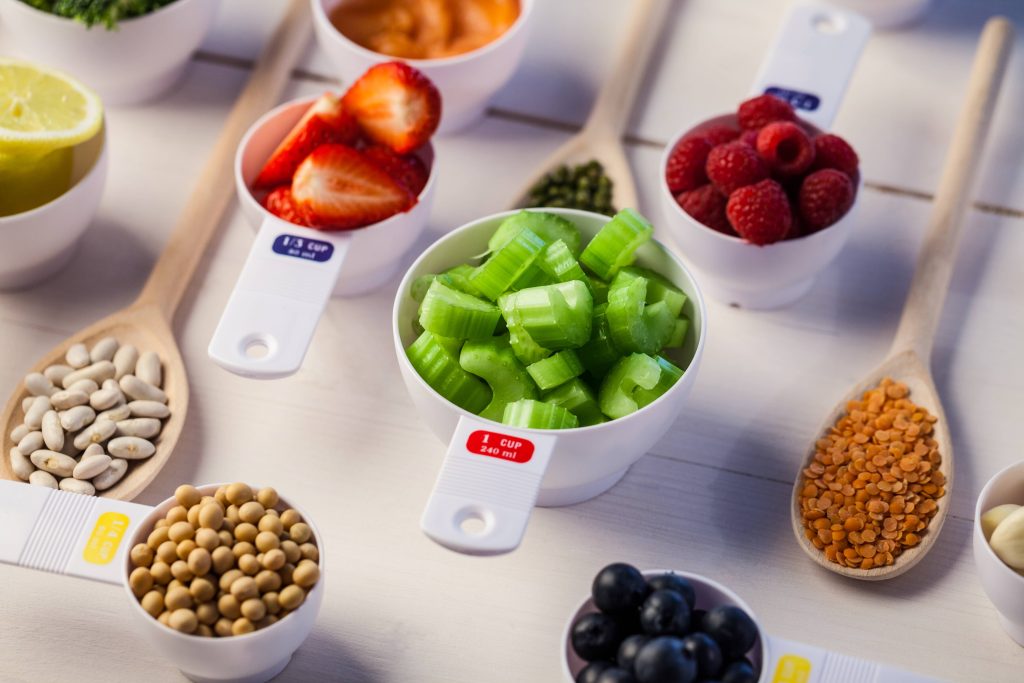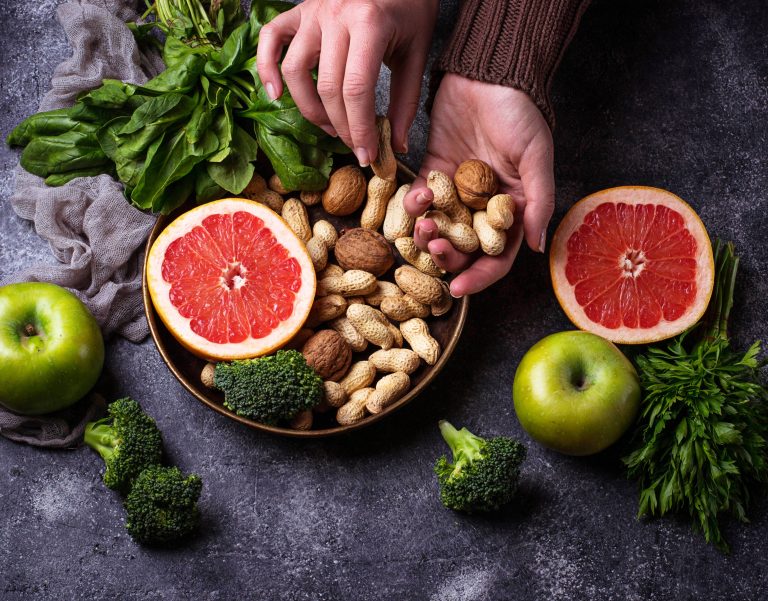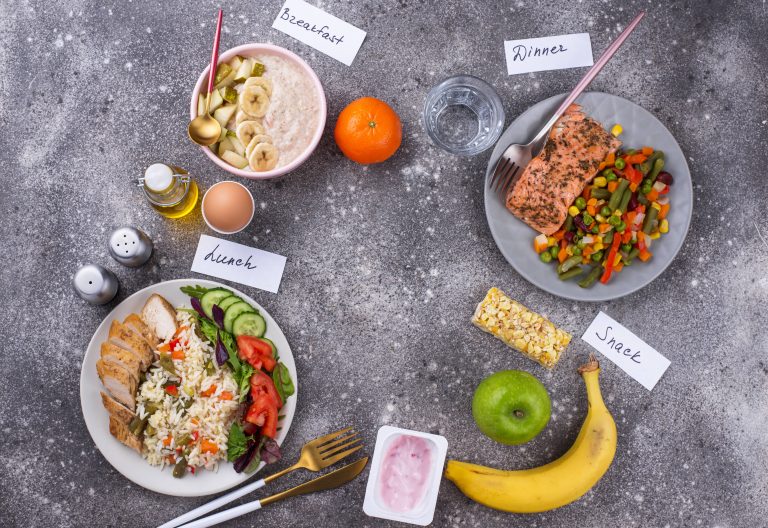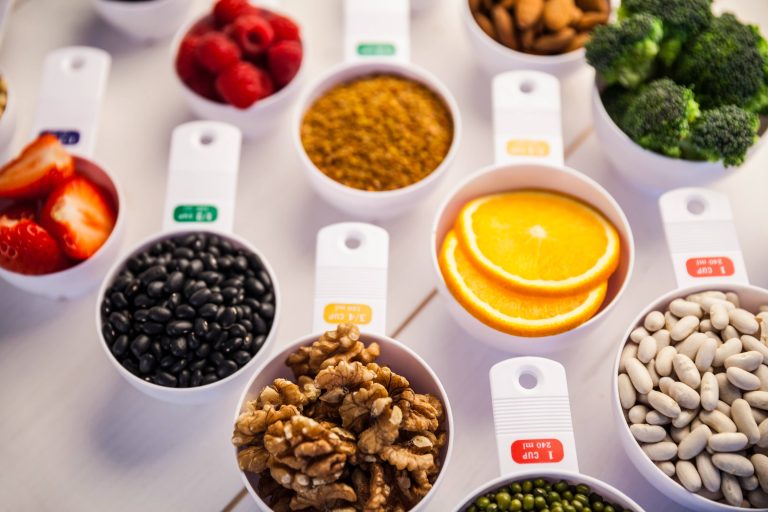
In the ever-evolving world of nutrition, the term “superfood” has become a buzzword, often associated with foods that offer maximum nutritional benefits for minimal calories. These foods are packed with vitamins, minerals, and antioxidants, which are essential for maintaining a healthy lifestyle. Incorporating superfoods into your diet can help boost your immune system, improve your energy levels, and reduce the risk of chronic diseases. Here, we explore ten essential superfoods that you should consider adding to your diet immediately.
1. Blueberries
Blueberries are small but mighty. They are rich in antioxidants, particularly anthocyanins, which give them their deep blue color. These antioxidants help combat oxidative stress and inflammation, which are linked to a variety of chronic diseases. Blueberries are also high in vitamin C, vitamin K, and manganese. Adding a handful of blueberries to your morning cereal or smoothie can be a delicious way to boost your nutrient intake.
2. Kale
Kale is often hailed as the king of leafy greens. It is loaded with vitamins A, K, C, and B6, as well as calcium, potassium, copper, and manganese. Kale is also a great source of fiber and antioxidants. Its high nutrient density makes it an excellent choice for supporting heart health, bone health, and digestion. Try adding kale to salads, soups, or smoothies for a nutritional boost.
3. Quinoa
Quinoa is a gluten-free grain that is high in protein and one of the few plant foods that contain all nine essential amino acids. It is also rich in fiber, magnesium, B vitamins, iron, potassium, calcium, phosphorus, vitamin E, and various beneficial antioxidants. Quinoa is incredibly versatile and can be used in salads, as a side dish, or as a base for a hearty meal.
4. Chia Seeds
Chia seeds are tiny but packed with nutrients. They are an excellent source of omega-3 fatty acids, fiber, protein, and various micronutrients. Chia seeds can absorb up to 12 times their weight in liquid, making them a great addition to smoothies, yogurt, or as a base for a healthy pudding. Their high fiber content can aid in digestion and help maintain a feeling of fullness.
5. Avocado
Avocados are rich in healthy monounsaturated fats, which are beneficial for heart health. They are also high in fiber, potassium, and vitamins C, E, K, and B-6. The healthy fats in avocados can help absorb fat-soluble vitamins from other foods. Enjoy avocados in salads, on toast, or as a creamy addition to smoothies.
6. Salmon
Salmon is an excellent source of high-quality protein, vitamins, and minerals, including potassium, selenium, and vitamin B12. It is also one of the best sources of omega-3 fatty acids, which are crucial for brain health and reducing inflammation. Regular consumption of salmon can support heart health and improve cognitive function. Opt for wild-caught salmon when possible to maximize health benefits.
7. Sweet Potatoes
Sweet potatoes are a rich source of fiber, vitamins, and minerals. They are particularly high in beta-carotene, which the body converts into vitamin A, essential for vision and immune function. Sweet potatoes also contain antioxidants that protect the body from free radicals. They can be roasted, mashed, or used in soups and stews for a nutritious meal.
8. Almonds
Almonds are a popular tree nut that is high in healthy fats, fiber, protein, magnesium, and vitamin E. They have been shown to lower blood sugar levels, reduce blood pressure, and lower cholesterol levels. Almonds are a convenient snack and can also be added to salads, yogurt, or oatmeal for added crunch and nutrition.
9. Turmeric
Turmeric is a spice that contains curcumin, a powerful anti-inflammatory and antioxidant compound. Curcumin has been shown to improve brain function, reduce the risk of heart disease, and even help prevent cancer. Adding turmeric to your diet can be as simple as sprinkling it on roasted vegetables, adding it to soups, or using it in curries.
10. Dark Chocolate
Yes, you read that right—dark chocolate is a superfood! It is rich in antioxidants, particularly flavonoids, which can improve heart health by lowering blood pressure and improving blood flow. Dark chocolate also contains iron, magnesium, copper, and manganese. To reap the benefits, choose dark chocolate with at least 70% cocoa content and enjoy it in moderation.
Conclusion
Incorporating these superfoods into your diet can provide a wide range of health benefits. They are not only nutrient-dense but also versatile and delicious. Remember, the key to a healthy diet is variety and balance, so try to include a mix of these superfoods in your meals. By doing so, you’ll be well on your way to a healthier, more vibrant life.

